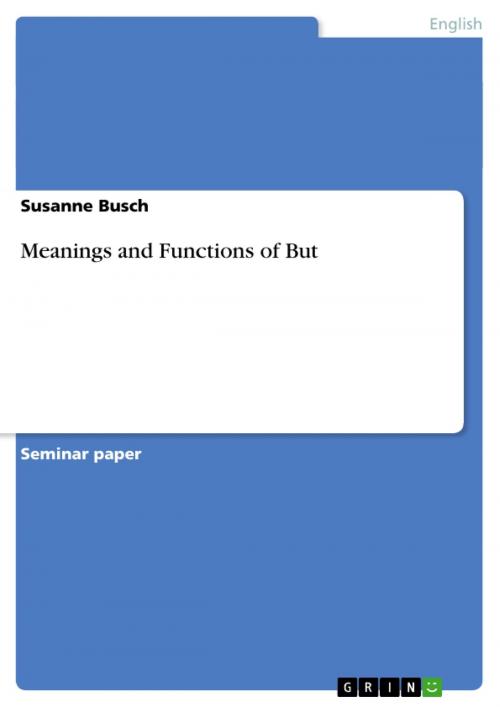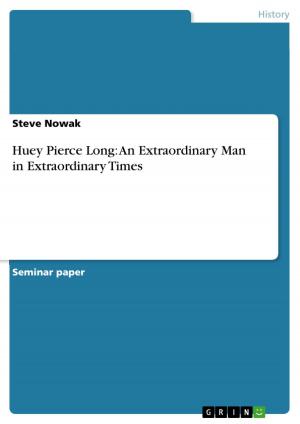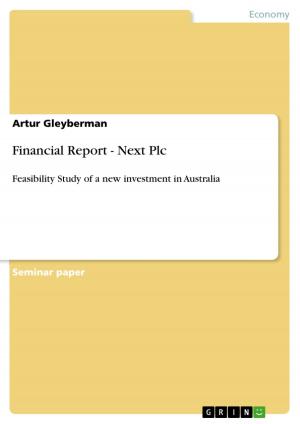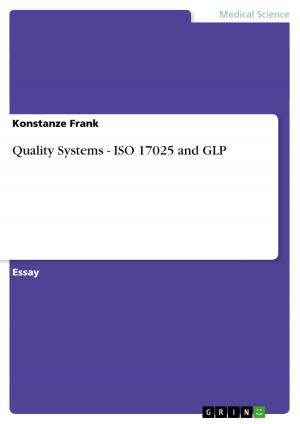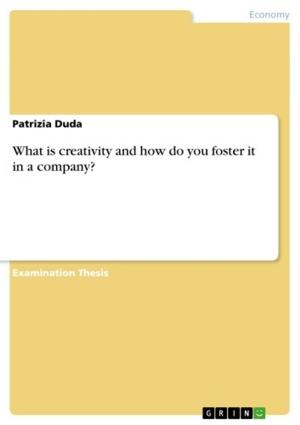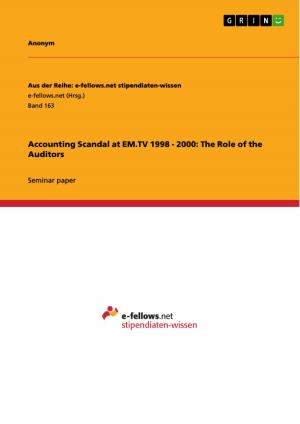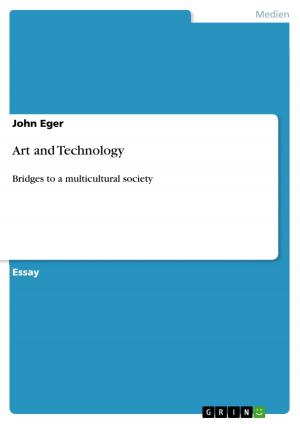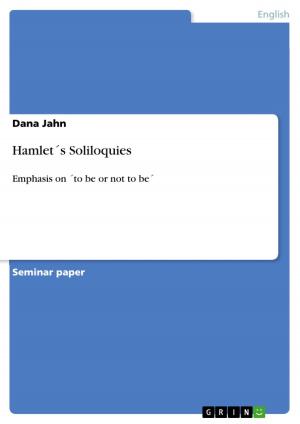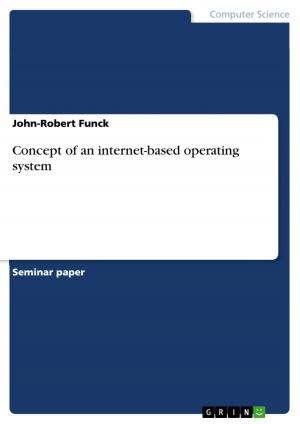| Author: | Susanne Busch | ISBN: | 9783638367592 |
| Publisher: | GRIN Publishing | Publication: | April 17, 2005 |
| Imprint: | GRIN Publishing | Language: | English |
| Author: | Susanne Busch |
| ISBN: | 9783638367592 |
| Publisher: | GRIN Publishing |
| Publication: | April 17, 2005 |
| Imprint: | GRIN Publishing |
| Language: | English |
Seminar paper from the year 2002 in the subject English Language and Literature Studies - Linguistics, grade: 1,0, Dresden Technical University, 4 entries in the bibliography, language: English, abstract: Usage of but in general The following facts and deductions are taken from the Longman Grammar of Spoken and Written English. This book is a corpus-based grammatical study whose authors used the British National Corpus and the Longman Spoken American Corpus as their main sources. (1) I think he will have salad but he doesn't like tomatoes. (CONV) (2) A: The golden rule is if you're reversing you must look behind you! B: Yeah, but she said she did. (CONV) (3) A: If perhaps you were to spread erm - a wire netting over the pond Mollie? B: Well yes I know, but I'm not having that! But erm - what I am going to do but I can't do it until - the spring. (CONV)1 The registers in the Longman Spoken and Written Corpus are conversation (CONV), fiction (FICT), news (NEWS) and academic prose (ACAD). This selection of the above sentences supports the theory that the word but is most frequent in conversation (and fiction), and least frequent in academic prose. The high frequency of but can be explained by the high frequency of negatives in conversation. Negation and contrast are closely related topics. Moreover, conversation is interactive. The high frequency in both cases results from this interactivity. 'The speaker can use but to modify a statement (1), and the addressee can use it to express a contrary opinion, refute a statement by the interlocutor, reject a suggestion, etc. (2, 3)'. 2 The distribution of but in the other registers is more difficult to explain: One answer to the question of low frequency in academic prose may be that contrast is more often expressed by other words in that register. 'Forms such as although, however, nevertheless, and on the other hand are more frequent in academic prose than in the other registers.'3 Another interesting finding is that of but as a sentence/turn- initial coordinator. Although it is said that placing a coordinator at the beginning of an orthographic sentence is not right on the level of style, coordinators are quite frequent in this position in actual texts. But, for example, is very likely to be found in sentence/turn- initial position. But the frequencies are higher in fiction and news reportage than in academic writing. This probably shows that especially dialogue in fiction and quoted speech in news include more spontaneous reactions. Furthermore, in written texts, sentence-initial coordinators often occur at paragraph boundaries...
Seminar paper from the year 2002 in the subject English Language and Literature Studies - Linguistics, grade: 1,0, Dresden Technical University, 4 entries in the bibliography, language: English, abstract: Usage of but in general The following facts and deductions are taken from the Longman Grammar of Spoken and Written English. This book is a corpus-based grammatical study whose authors used the British National Corpus and the Longman Spoken American Corpus as their main sources. (1) I think he will have salad but he doesn't like tomatoes. (CONV) (2) A: The golden rule is if you're reversing you must look behind you! B: Yeah, but she said she did. (CONV) (3) A: If perhaps you were to spread erm - a wire netting over the pond Mollie? B: Well yes I know, but I'm not having that! But erm - what I am going to do but I can't do it until - the spring. (CONV)1 The registers in the Longman Spoken and Written Corpus are conversation (CONV), fiction (FICT), news (NEWS) and academic prose (ACAD). This selection of the above sentences supports the theory that the word but is most frequent in conversation (and fiction), and least frequent in academic prose. The high frequency of but can be explained by the high frequency of negatives in conversation. Negation and contrast are closely related topics. Moreover, conversation is interactive. The high frequency in both cases results from this interactivity. 'The speaker can use but to modify a statement (1), and the addressee can use it to express a contrary opinion, refute a statement by the interlocutor, reject a suggestion, etc. (2, 3)'. 2 The distribution of but in the other registers is more difficult to explain: One answer to the question of low frequency in academic prose may be that contrast is more often expressed by other words in that register. 'Forms such as although, however, nevertheless, and on the other hand are more frequent in academic prose than in the other registers.'3 Another interesting finding is that of but as a sentence/turn- initial coordinator. Although it is said that placing a coordinator at the beginning of an orthographic sentence is not right on the level of style, coordinators are quite frequent in this position in actual texts. But, for example, is very likely to be found in sentence/turn- initial position. But the frequencies are higher in fiction and news reportage than in academic writing. This probably shows that especially dialogue in fiction and quoted speech in news include more spontaneous reactions. Furthermore, in written texts, sentence-initial coordinators often occur at paragraph boundaries...
